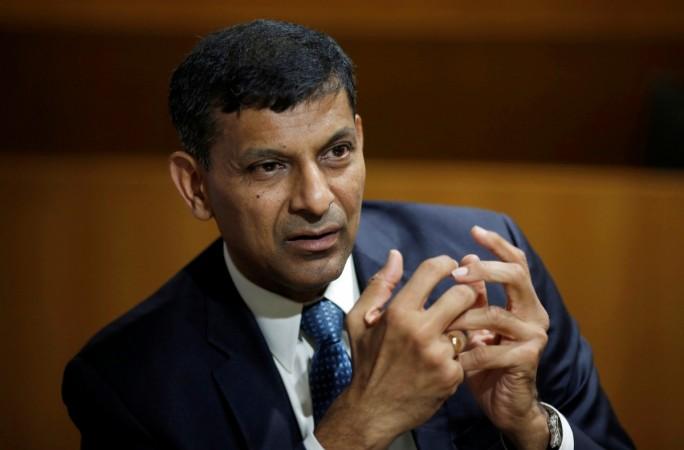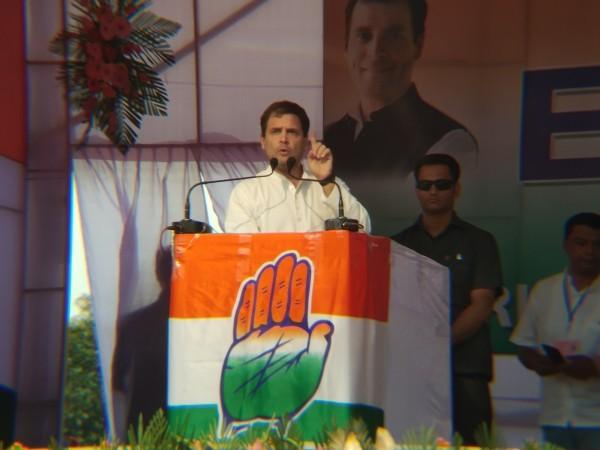
Raghuram Rajan, the former Reserve Bank of India's (RBI) governor, has made his desire clear to return to India for shaping an inclusive economy. This has naturally led to speculation that Rajan, now teaching economics in Chicago University, might take up the finance minister's job in the case offered by the Congress party-led United Progressive Alliance (UPA) if it forges a government after the general election the results of which are scheduled to be announced on May 23.
Nyay, the financial empowerment programme that Congress president Rahul Gandhi unveiled the other day promising universal minimum income to the poor, had Rajan's fingerprint all over it, according to media reports. Rajan told ET Now that the Congress party had consulted him on Nyay. A votary for providing the private sector the space it needs to take part in nation building, Rajan stuck his head out in defending the Nyay scheme, which many economists consider Keynesian (a theory based on the 1930 book of John Maynard Keynes in the backdrop of the Great Depression), which emphasises the role of government policy in breaking the cycle of economic depression and inflation.
Suggesting that the scheme promising to ensure a minimum annual income of Rs 72,000 to every family is 'doable' and 'well worth', Rajan told News18 that the Congress is talking about a phased rollout of the programme. The scheme is touted as Rahul Gandhi's answer to Prime Minister Narendra Modi's farm income scheme of providing Rs 6,000 per hectare to every farmer.

He says Nyay is about better targeting and empowering of the people, though the scheme announced on the election eve is expected to cost Rs 3.6 lakh crore, thrice the budgetary fiscal deficit. Though Rajan denies any political significance in his involvement in the principal opposition party's election promise, he justifies Nyay saying the direct benefit transfer is a common theme that the Congress and the Bharatiya Janata Party (BJP) leading the National Democratic Alliance (NDA) in power have espoused.
Rajan has also waded into political shallows by questioning the outcome of the 'minimum government and maximum governance' promise of Prime Minister Modi and Finance Minister Arun Jaitley, saying the state has gained more power while diluting the checks and balances and has created too many inefficiencies in its wake. The result, he told The Economic Times, has been the creation of a "dependent and pliant" private that has no choice but to applaud every decision of the government. "The scope of the government is something we will have to examine sooner, rather than later because today it does too much too inefficiently, he said.
Political observers have not missed the significance of Rajan's direct attack of the Modi government's failure with one of its major campaign slogans of the 2014 general election. Rajan's earlier disclosure that as RBI governor he had disagreed with the demonetization proposal, which the government rammed down the throat of his successor Urjit Patel, who later quit amid differences with Jaitley.
















